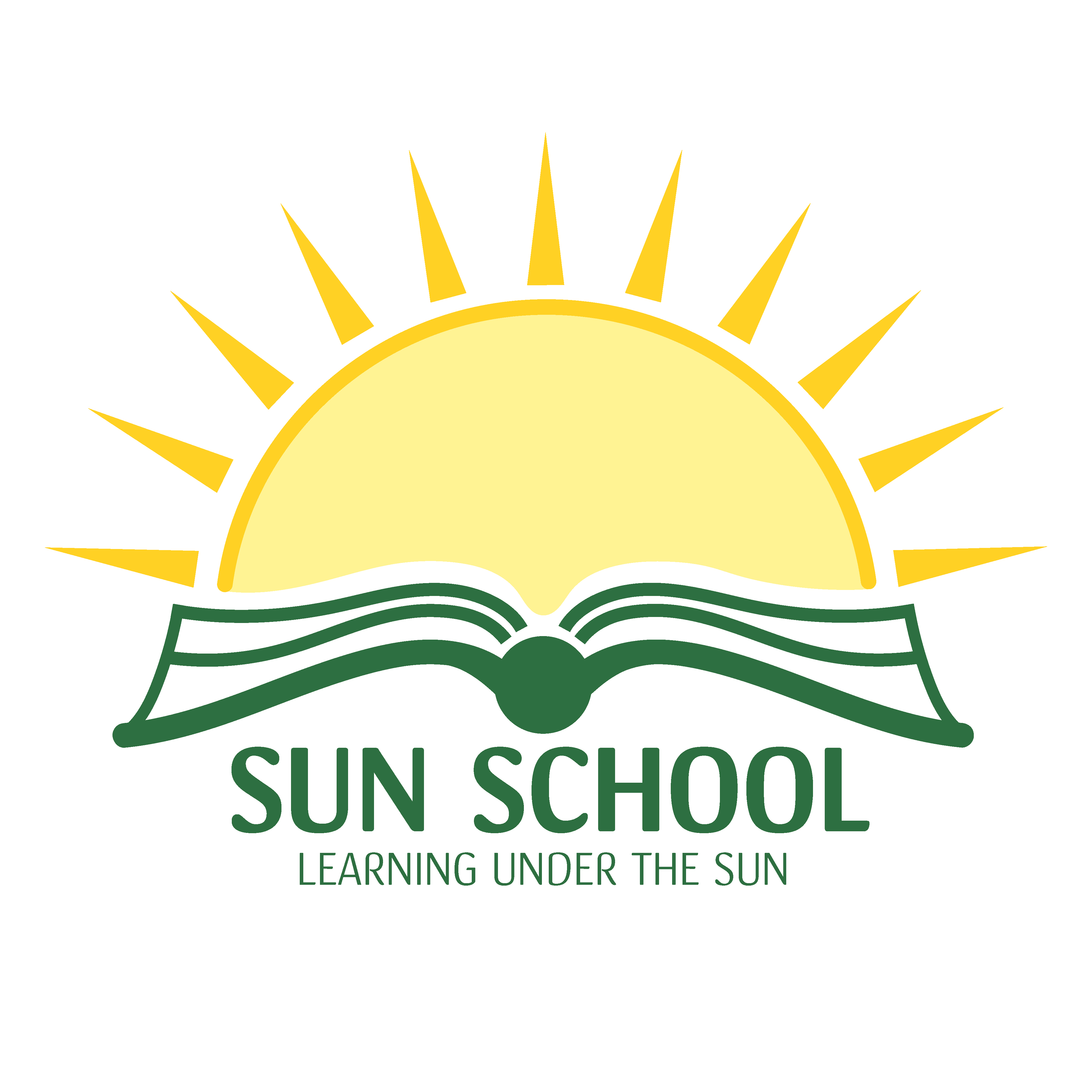Kindergarten Workshops
Nature Detectives
Brief Overview: Students will become nature detectives and explore and learn about the environment around them through their senses. Students will participate in a rainbow walk to help see the colours in the world around them. Students will cycle through centers focusing on sorting living and non-living things, patterning with natural manipulatives, creating patterns, a binocular activity, building animals out of Lego, reading books, and digging with tools.
Unit Focus: Learning through senses
Curriculum Connections:
13.3 select and use materials to carry out their own explorations
14.2 sort and classify groups of living and non-living things in their own way
14.3 recognize, explore, describe, and compare patterns in the natural and built environment
25.3 express their thoughts and share experiences
29.3 identify ways in which they can care for and show respect for the environment
29.4 participate in environmentally friendly experiences in the classroom and schoolyard
Feathered Friends
Brief Overview: The workshop begins with a read aloud about birds to get students talking about their prior knowledge. Students will learn about birds’ habitats and the different nests birds make. In groups, students will try to match birds to their nests. Students will also learn about migration and play the migration game.
*Workshops 60 minutes or longer will conclude with students creating toilet paper roll bird feeders.
*Allergy alert : vegan lard, bird seed (cracked corn, white millet, wheats, sorghum, black sunflower, oats)
Unit Focus: Birds and migration
Curriculum Connections:
1.7 use specialized vocabulary for a variety of purposes 8.1 demonstrate spatial awareness in activities that require the use of large muscles 8.2 demonstrate control of large muscles with and without equipment 11.6 use prior knowledge to make connections to help them understand a diverse range of materials 25.3 express their thoughts and share experiences 29.1 identify similarities and differences between local environments 29.2 describe what would happen if something in the local environment changed 29.3 identify ways in which they can care for and show respect for the environment 29.4 participate in environmentally friendly experiences in the classroom and schoolyard
Furry Friends
Brief Overview: The workshop begins with a read aloud about animals to get students talking about their prior knowledge. Students will learn about habitats, how a habitat is a community, and how animals are connected in a food chain/web. In groups, students will create a habitat out of natural materials and play a food chain game.
Unit Focus: Animals and habitats
Curriculum Connections:
11.6 use prior knowledge to make connections to help them understand a diverse range of materials 20.4 build three-dimensional structures using a variety of materials 24.4 select and use tools, equipment, and materials to construct things 25.3 express their thoughts and share experiences 26.1 understand that everybody belongs to a group/community 29.1 identify similarities and differences between local environments 29.2 describe what would happen if something in the local environment changed 29.3 identify ways in which they can care for and show respect for the environment 29.4 participate in environmentally friendly experiences in the classroom and schoolyard
All About Snakes *NEW*
Brief Overview: The workshop begins with a read-aloud about snakes to spark discussion and build background knowledge. Students will explore snake anatomy, compare venomous and nonvenomous species, and learn about local snakes, their diets, and predators. Math activities include measuring snake lengths, ordering them from biggest to smallest, playing a memory game, and creating 2D shapes using snake figures. Students will also express their creativity through snake-themed art.
Unit Focus: Reptiles
Curriculum Connections:
11.6 use prior knowledge to make connections to help them understand a diverse range of materials 20.4 build three-dimensional structures using a variety of materials 24.4 select and use tools, equipment, and materials to construct things 25.3 express their thoughts and share experiences
